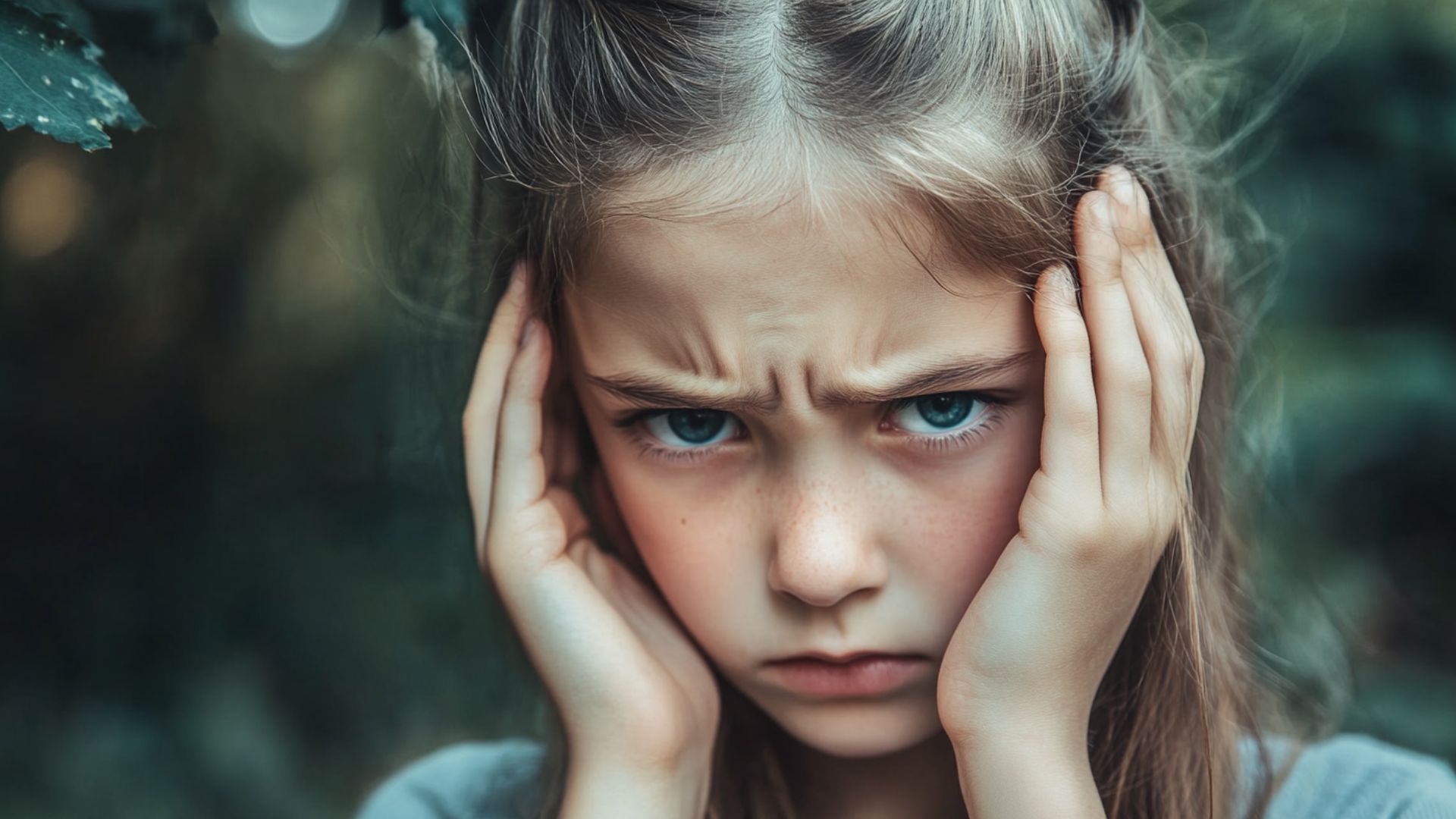Anxiety in children and teenagers is on the rise. Social pressures and digital overload contribute to this increase, leaving many young people feeling overwhelmed. Anxiety can manifest as persistent worry and fear, and some children may experience physical symptoms like stomachaches or headaches.
Early support helps children develop healthy coping mechanisms. Natural anxiety relief for children offers safe and gentle solutions that include mindfulness, exercise, and creative outlets. These approaches avoid medication side effects while empowering kids to manage their emotions naturally. Supportive strategies, such as open communication and routine building, also play a crucial role.
Parents and caregivers play a crucial role in creating safe spaces where children can express their feelings freely. Schools and communities can provide additional resources and support. Addressing anxiety early prevents long-term challenges and fosters resilience and emotional health. Natural relief methods offer families practical tools for managing anxiety without medication.
Natural Anxiety Relief For Children
Anxiety can be effectively managed with gentle, natural methods. Natural anxiety relief for children provides support without relying on medication, using child-friendly techniques that promote calm and build resilience. These methods integrate seamlessly into daily life and can be practiced regularly.
Key natural anxiety relief methods include breathing exercises that teach children slow, deep breathing to reduce stress quickly. Mindfulness activities help kids focus on the present moment rather than worrying about future events. Creative outlets, such as drawing, painting, or journaling, provide safe ways for children to express emotions they might struggle to verbalize. Supportive routines create predictable daily schedules that offer stability and comfort.
Breathing exercises teach children to calm both their bodies and minds. Even practicing for just a few minutes daily can make a significant difference. Consistent routines, such as regular bedtimes, help reduce uncertainty and create a sense of security. Parents can encourage open communication to build trust and help children feel heard. These non-medication treatments for anxiety empower children to manage worry independently while providing them with concrete tools they can use at any time.
Teen Anxiety Coping Strategies

Teenagers face unique stressors, including academic pressure, social challenges, and the development of their identity. Teen anxiety coping strategies help them manage worry effectively by providing practical tools that empower teens to feel more in control. These methods are designed to fit naturally into their lifestyles and interests.
Effective teen anxiety coping strategies include journaling, which allows teens to write down thoughts and feelings to clarify emotions and provide stress relief. Peer support, such as talking with trusted friends, builds connections and helps teens realize they’re not alone. Physical activity, such as sports or running, boosts mood and reduces anxiety by releasing natural endorphins. Creative pursuits such as art or music provide healthy emotional outlets.
Journaling allows teens to process complex feelings privately and helps them identify patterns in their anxiety. Peer support fosters a sense of belonging and normalizes the teenage experience. Physical activities naturally reduce stress hormones while improving overall mood. These teen anxiety coping strategies encourage independence and resilience while respecting teens’ growing need for autonomy.
Non-Medication Treatment Approaches
Treating anxiety without medication is effective for many children and teens. Non-medication treatment approaches include lifestyle changes, therapeutic techniques, and holistic methods that promote natural calmness and emotional stability.
Main non-medication treatments include therapeutic techniques that help children identify and change anxious thought patterns. Creative expression through music, art, or writing provides safe avenues for emotional release. Structured routines provide consistent daily schedules, offering stability and reducing uncertainty. Social support, fostered through strong relationships with family and friends, creates emotional security. Holistic practices, such as yoga, integrate mind-body awareness for relaxation.
Healthy lifestyle habits, including adequate sleep, a balanced diet, and regular physical activity, create a strong foundation for emotional well-being. Mindfulness practices help children focus on the present moment rather than worrying about future events. These approaches empower individuals to manage anxiety symptoms naturally while supporting long-term mental health.
How To Manage Anxiety Without Medication
Learning how to manage anxiety without medication involves combining various natural strategies and environmental modifications that promote calm and build resilience over time.
Key strategies include relaxation techniques, such as deep breathing exercises, that help regulate the body’s stress response. Regular physical activity reduces stress hormones while boosting mood-enhancing endorphins. Family involvement through open conversations provides emotional support and helps children feel secure in sharing their worries. Environmental modifications involve creating calm, organized spaces that reduce sensory overload. Consistent routines provide predictable schedules that help children know what to expect.
Relaxation techniques give children immediate tools for managing anxious moments. Family involvement encourages children to share their feelings in a safe and supportive environment. Environmental changes include creating quiet spaces or reducing overwhelming clutter. These approaches promote long-term emotional health without adverse effects, and techniques can be tailored to meet individual needs.
Building Long-Term Coping Skills
Developing strong coping skills helps children and teens manage anxiety throughout their lives. These methods build resilience over time and empower young people to face stress with confidence and emotional strength.
Essential long-term coping skills include positive self-talk that teaches children to use encouraging inner dialogue to build confidence. Gratitude practice involves regularly noting positive experiences to shift focus away from worry. Social connections formed through group activities and friendships promote a sense of belonging and provide natural support systems. Goal setting helps children achieve small, manageable objectives that build self-esteem. Problem-solving skills teach children to break down challenges into manageable steps.
Child anxiety self-help practice teaches children to stay present rather than worrying about future events. Regular physical exercise naturally improves mood and provides healthy stress outlets. Strong social bonds create emotional safety and help children feel supported during difficult times. These skills equip young people for life’s ongoing challenges while building emotional strength over time.
Final Thoughts On Non-Medication Support
Natural anxiety management offers gentle yet effective ways to help children and teens cope with worry and stress. These approaches empower kids to handle anxiety through mindfulness, creative expression, and healthy routines. The methods promote emotional resilience without the need for medication, while fitting easily into daily family life.
Parents play a crucial role by creating supportive environments where children feel safe expressing emotions. Open communication and consistent schedules help children feel secure and stable. Teen-specific strategies, such as journaling, physical activity, and creative expression, help adolescents process emotions effectively.
Long-term success focuses on building sustainable emotional health habits. Regular practice of natural anxiety relief techniques strengthens coping abilities over time. Children and teens thrive when approaches are tailored to their individual needs. Family involvement and a calm home environment enhance the effectiveness of these natural methods, providing empowering tools that help young people develop confidence and emotional resilience.




